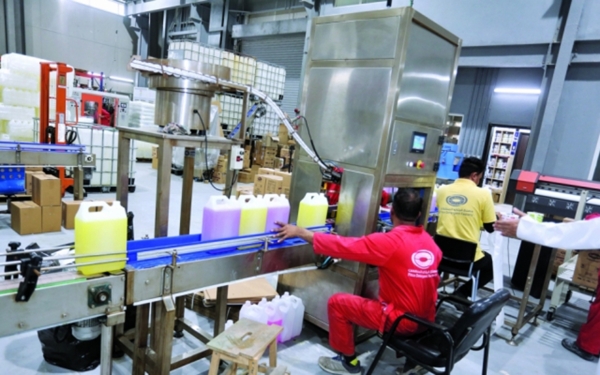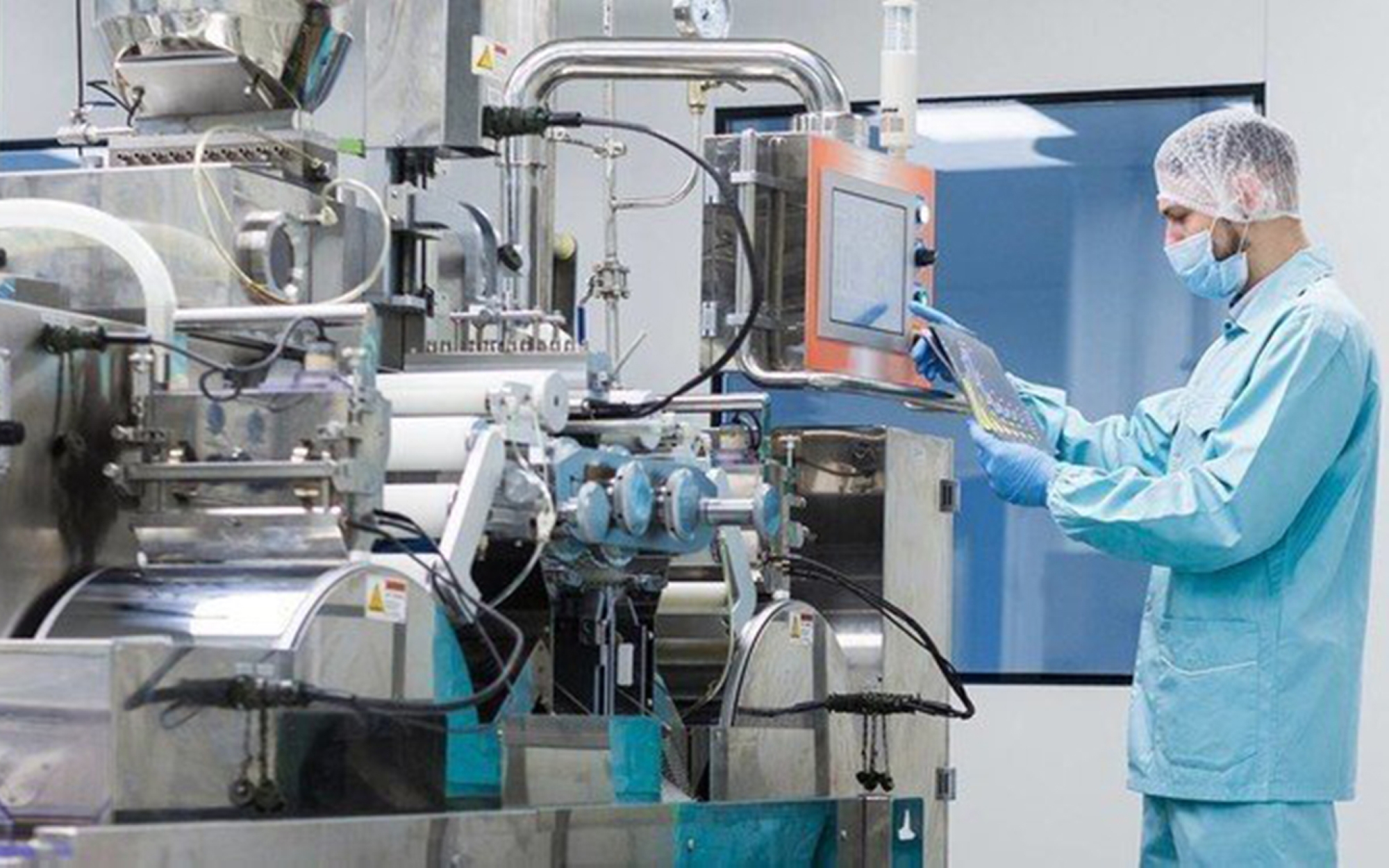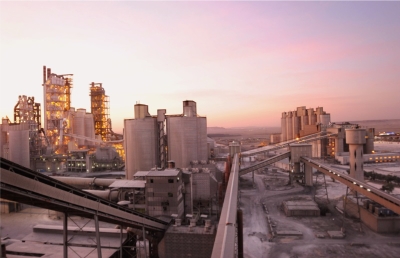

Manufacturing of Chemicals and their Products in the Kingdom of Saudi Arabia are part of the vital manufacturing industries that require significant investments and advanced technology in their operational and productive processes. It deals with a direct consumption pattern as it encompasses oil refining, chemical fertilizers, insecticides, gases, dyes, synthetic sponges, plastics, soaps, and cleaning products.
The chemical industry processes in the Kingdom are subject to the Law of Chemicals Import and Management, which defines chemical materials in its first article as any chemical substance whether gaseous, liquid, or solid; their names and types are specified by the regulations.
Chemical imports
In light of certain risks associated with handling these materials, the law has established conditions for their import, as outlined in Article Two of the Law of Chemicals Import and Management. This article stipulates that chemicals may not be imported without obtaining a permit, nor may they be cleared by customs without a clearance permit. The regulations shall specify the procedures for the permit application and related forms, conditions, and terms as well as procedures for renewal and cancellation
The chemical manufacturing industry in the Kingdom has developed alongside the expansion of consumer demands. The country's substantial oil production has played a significant role in this growth, as there is a strong desire to maximize the benefits derived from this vital natural resource. It is noted that industrialization in this field has taken a cluster pattern, as it brings together a number of oil-dependent industries that are linked together.
Expanding the chemicals sector
Over the years, the chemical sector in the Kingdom has witnessed high and stable growth rates. The government has invested in the development of this sector, which in turn has contributed to the Kingdom's steady increase in productive capacities and its growing share in the global chemicals market.
The investment expansion in the chemicals sector, linked to the oil industry, has led the Kingdom to become one of the leading countries in manufacturing several major chemical products. This growth stems from investing in its resources, making it one of the most suitable environments for low-cost chemical industries.
Chemical industry production market
The Kingdom has the potential for leadership in the chemical industry whose economy thrives. It boasts the largest economy in the Middle East and North Africa (MENA) region, along with a robust chemicals market, featuring one of the world's largest integrated chemical complexes.
Investments in the Saudi chemicals sector have grown steadily. In 2016, they exceeded that of any other global market by 40 percent, reaching SAR3.75 billion (USD1 billion) and contributing to a 5 percent increase in production capacity. According to the indicators of that year, the Kingdom had the fifth largest market for chemical production in the world, occupying 10 percent of the total global production, and operating revenues reached USD170 billion.
The connection of the chemical industry with petroleum resources has bolstered the Kingdom's global presence, evident in its international leadership in the production of several key products such as ethylene, glycol, polyethylene, and methyl tert-butyl ether. Additionally, the Kingdom is recognized as one of the most efficient and cost-competitive countries in ethylene production cost. This alone contributes to its attainment of a 10 percent share of total global production.
Chemical industry global marketing advantages
Companies operating in the chemical industry sector in the Kingdom enjoy several advantages that bolster their competitiveness and the quality of their products. These advantages include cost-effectiveness, ample access to raw materials and advanced infrastructure, as well as operation within an environmentally friendly system.
There are also marketing advantages for the Kingdom’s chemical products, as its strategic geographical location at the crossroads of several global markets represents a significant advantage for Saudi companies and factories, given the high demand for chemical products. The size of the Asian market is approximately SAR6.75 trillion annually, expected to grow at a rate of 8 percent annually. European demand amounts to about SAR2.8 trillion annually, with an expected growth rate of 4 percent annually. The market size in Africa is SAR187.5 billion annually, expected to increase by 4 percent annually.
The marketing advantages of the chemical industry in the Kingdom also include access to a comprehensive logistical network that encompasses the largest maritime network in the Middle East, which includes King Abdullah Port in King Abdullah Economic City on the Red Sea. This has contributed to the chemical industry sector's exports in the Kingdom accounting for about 60 percent of non-oil exports.

Chemical sector development
The Kingdom is interested in developing the chemicals sector and has set stringent conditions for manufacturing work. Therefore, it has established an advanced environmental system for this sector in al-Jubayl Industrial City. Research, development, and technological innovations remain at the top of the Kingdom’s agenda in this field. Saudi Aramco has established a research center at King Abdullah University of Science and Technology, and the Royal Commission for Jubail and Yanbu is responsible for facilitating services.
Chemical plants growth
The chemical industry in the Kingdom continued to thrive with state support, witnessing a significant expansion in the number of factories. Throughout the Eighth Development Plan, the count of chemical materials and product factories surged from approximately 362 in 2004 to 422 by the plan's conclusion in 2008.
The growth of the chemical industry surged alongside the expansion of the local market and the rise in global demand. By 2009, the number of establishments in the chemical and petroleum products industries had reached 2,181. The momentum continued, leading to further expansion, culminating in 3,148 factories by 2014. This figure increased to 3,333 in 2015 and peaked at 3,576 in 2016, representing 46 percent of the total number of existing factories.
Chemical industry investments
The capital of chemical factories and products has flourished across all specializations, with the total number reaching 836 factories by the end of the second quarter of 2021. Meanwhile, there were 145 factories under construction during the same period, with fifteen new licenses issued. Additionally, twelve new factories commenced production, while eight factories were either canceled or suspended.
Chemical industry loans
In terms of financing operations for the chemical sector, the number of loans offered by the Industrial Fund in 2018-2019 was twenty-two loans, while the number of cumulative loans was 571.
Related quizzes
Related articles

